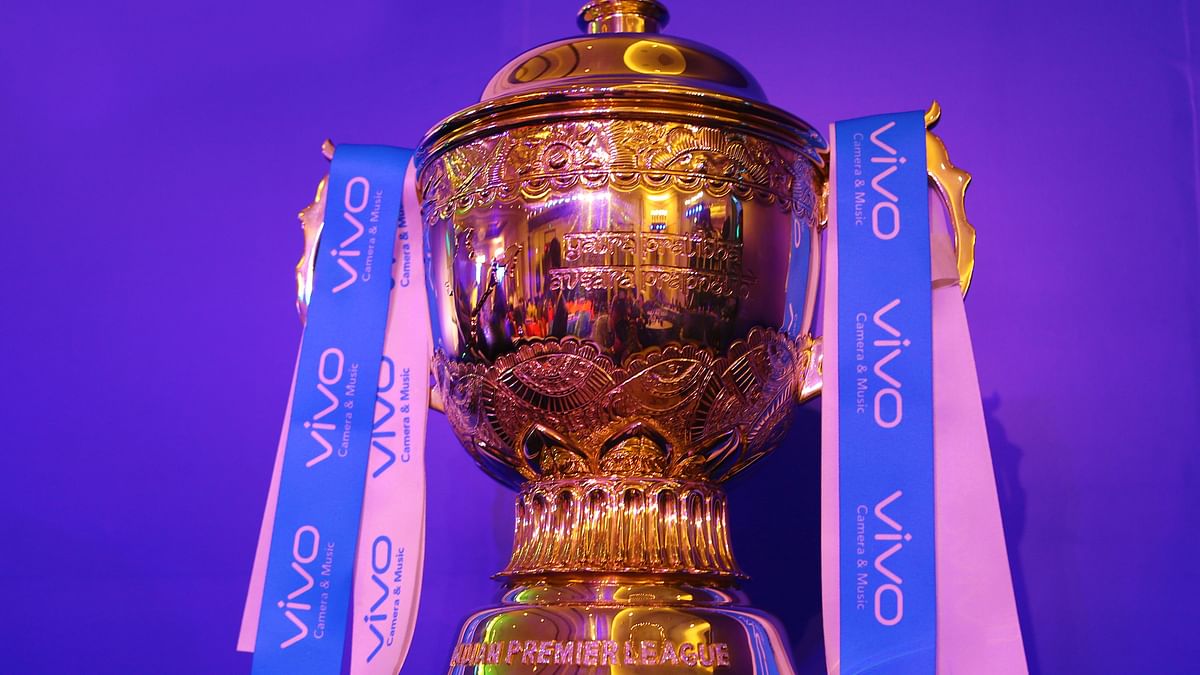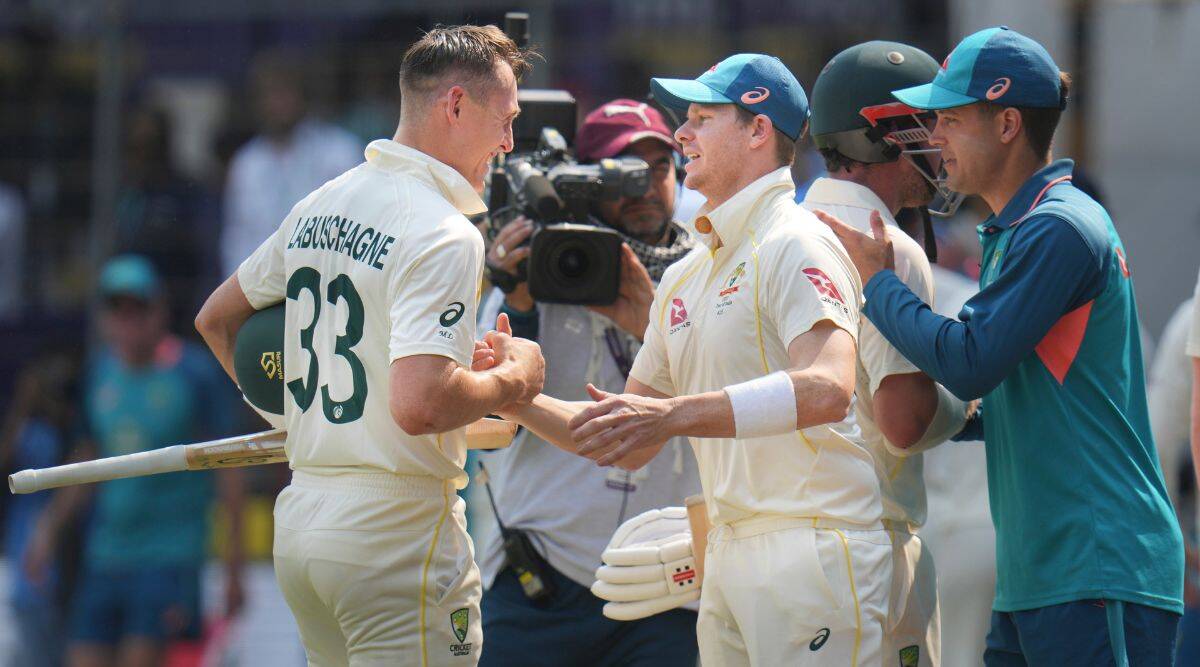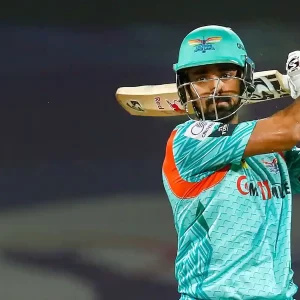The West Indies cricket chief, Johnny Grave, wants the boards of India, England and Australia to do more to save Test cricket. South Africa and the West Indies, have not sent their strongest teams to tour New Zealand and Australia. West Indies have 7 uncapped players in their squad to Australia whereas South Africa has made a wholesale change in their squad to New Zealand. West Indies, it can be understood because even their first choice eleven, will not be able to compete against Australia in Australia. Especially, when they are in super form. The West Indian selectors cannot be accused of picking a second-string team because they may well be the first choice team given the performances of the so-called first-choice team.
In the case of South Africa, it is completely different because not only do they risk losing valuable WTC points but they also risk losing their first-ever series to New Zealand. That is a legacy that the South African board is not interested in preserving. They cannot be faulted either because every board will have to pay the players and the various stakeholders involved in the game. As such, the South African board is starved of cash when they finally struck gold with the SA20. They had to sacrifice something and they decided to sacrifice Test cricket this time. It could be another series next time around. One can understand the plight of not only South Africa and West Indies but of every other board who struggles to make ends meet.
One thing is sure. Test cricket as we know it today, is on the way out. With the onslaught of various leagues around the world, some of them allowing as much as 9 foreign players, it is just a question of time.
Failure of the administrators
Cricket statistician Mazher Arshad is right. “any country, outside of the Big Three, who is not prioritising T20 cricket is shooting itself in the foot”. Test cricket lost its lustre outside of the Big Three a longtime ago. It is the failure on the part of the administrators to not realise this. Ever since the introduction of T20 cricket, it was just a question of time when Test cricket would lose its priority. Only the top boards will be able to afford Tests. England and Australia have their lucrative TV deals and gate receipts, not to mention the more than a century old rivalry to run the show and India has an enormous fan base that ensures that Test cricket is atleast followed on various internet portals.
Cricket is the most time-consuming sport of all. Test cricket is the pinnacle of that. In the changing pattern, it simply is not going to survive. People are interested in instant thrill and entertainment which T20 provides. Every board now gives priority to T20 cricket through their various leagues. Infact, ICC themselves have given the IPL a 3-month window where no international cricket is played. The ICC itself is guilty of devaluing Test Cricket.
The time to shorten is here
Test cricket is desperate for reduced time. 5 days has become too lengthy. The time has come for it to be reduced to 4 days and even that is stretching it a bit. It is time the administrators realise that the format is in the ICU. They will have to stop spreading the game to multiple frontiers because again that will make people lose interest. You do not want to see India against Bahamas or Australia against Papua New Guinea. If in the distant future, these nations are given Test status, just imagine how competitive will it be. It has been close to 30 days and yet, Bangladesh is not Test standard. If the administrators do not listen, it must be done by design.
Johnny Graves and his insights
Having said that, let us see what Graves has to say. It must be read. There are lots of insights into what he said and what he hasn’t said. Steve Waugh told Sydney Morning Herald that the ICC or someone must intervene and stop boards from picking second-string teams. When I read the article, I was flabbergasted to know that the West Indies were not paid anything for agreeing to send their team all the way to Australia. Graves is right when he says that they spend a fortune on sending players to Australia.
“As an example of this is that CWI has spent over 2 million dollars sending teams to Australia in the last four months and whilst CA have received all the economic benefits from those series, we’ve seen zero dollars back. Is that really fair, reasonable and sustainable?”
“We’ve got a Test team there, an ODI team and a T20I team, which will cost us another million-plus dollars in terms of match fees and airfares. We spend more on airfares than anyone else in the world.” Graves said.
I was always under the impression that the host nation and the opposition board share the money from the tour, if not equally, atleast proportionally. However, Graves revelation must be looked at seriously. Is it because it is the West Indies board and powerful boards like Australia feels that they can be bounced around, that they are not paid? Or is this the way bilateral series works? I do not have an answer for that.
Not discouraging anyone
In the same interview, Graves also admits that the West Indies board will not stop anyone from playing in any leagues across the world. He is quite candid about it because he does not really have a choice. If their players want to earn their wares somewhere else, so be it. The board does not have the means to increase the salary of the players. Hence, they cannot make them stay in the Caribbean.
Wrapping up West Indies cricket chief Grave
It is hard to be chief of a board that does not know from where their revenue is going to come. A start has to be made by every board to share the revenue from the bilateral series. Wealthier boards like India, Australia and England could afford to share a bit more than equally. This may not prevent Test cricket’s ultimate demise but will help in prolonging its life.
Other blogs about West Indies
https://icricketcritique.com/the-rise-of-the-west-indian-empire/
https://icricketcritique.com/the-fall-of-the-west-indian-empire/



